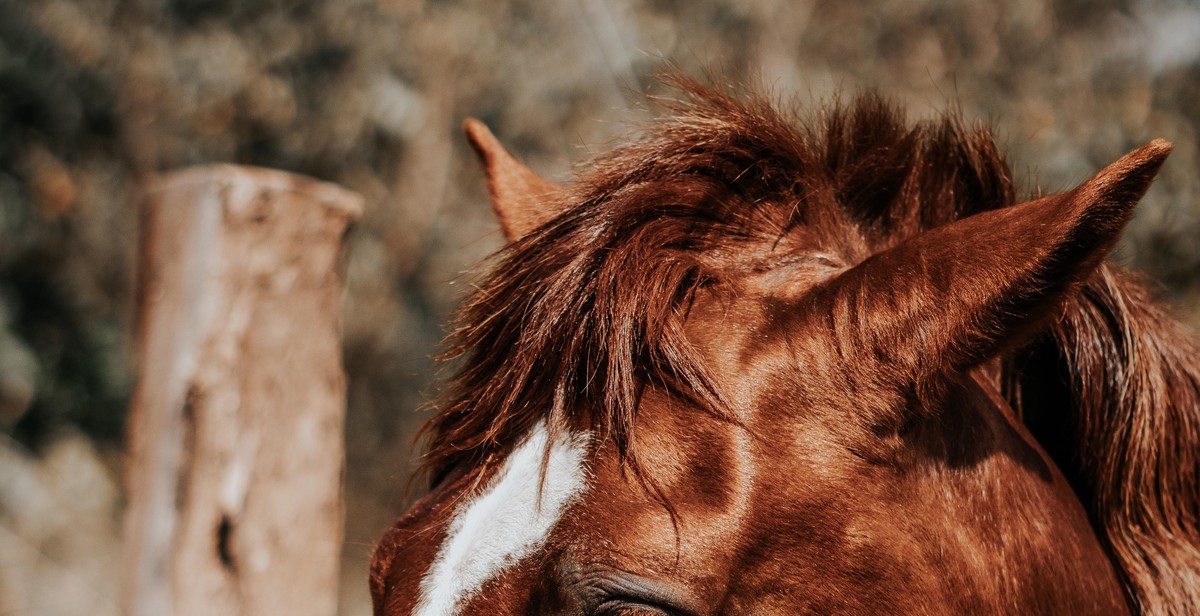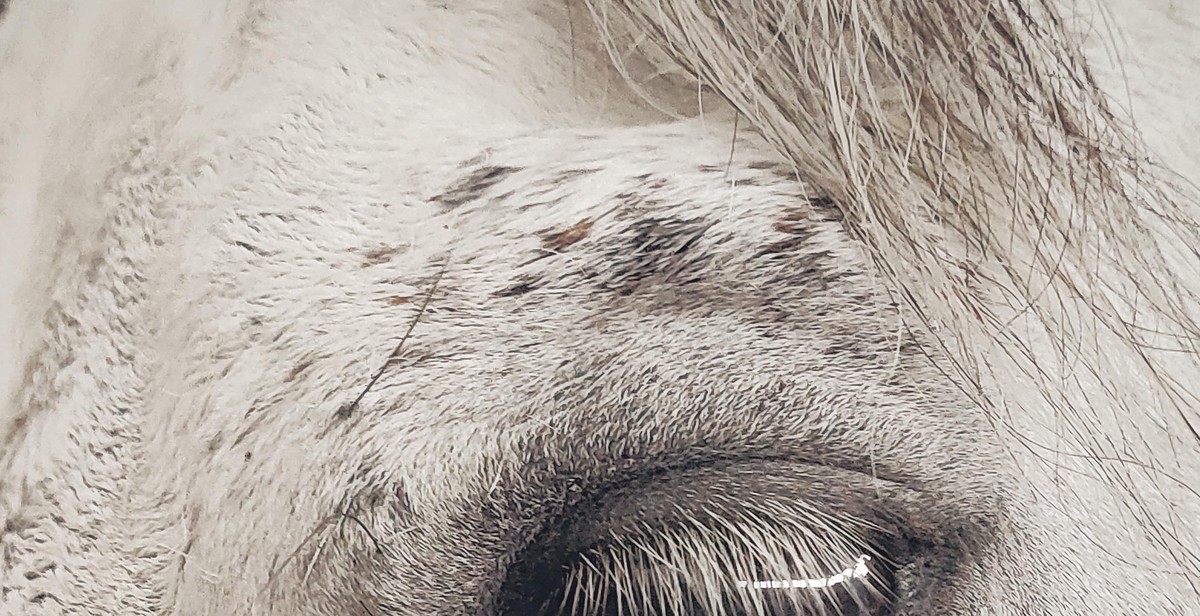How to Prevent and Manage Equine Colic: Understanding Colic Symptoms and Treatment Options
As an experienced horse owner and rider, I know firsthand how devastating equine colic can be. Colic is a common and potentially life-threatening condition that affects horses of all ages and breeds. It can occur suddenly and without warning, making it essential for horse owners to understand how to prevent and manage colic effectively.
Symptoms of Equine Colic
Equine colic can manifest in several ways, including abdominal pain, loss of appetite, restlessness, depression, and excessive sweating. Horses may also exhibit frequent pawing, rolling, or stretching out, indicating discomfort or pain in their digestive tract. As a horse owner, it’s essential to monitor your horse’s behavior and health closely and seek veterinary attention immediately if you notice any of these symptoms.
Preventing Equine Colic
Prevention is always better than cure, and there are several steps you can take to reduce the risk of your horse developing colic. These include:
- Providing plenty of fresh, clean water
- Feeding a high-quality diet with plenty of roughage
- Minimizing sudden changes in feed or routine
- Allowing for regular exercise and turnout
- Keeping the horse’s living area clean and well-maintained
Treatment Options for Equine Colic
If your horse does develop colic, it’s essential to seek veterinary attention immediately. Colic treatment options may include medication, surgery, or other medical interventions, depending on the severity of the condition. As a horse owner, it’s essential to work closely with your veterinarian to develop a comprehensive treatment plan and ensure your horse receives the best possible care.

What is Equine Colic?
Equine colic is a term used to describe abdominal pain in horses. It is a common and potentially life-threatening condition that affects the digestive system of horses. Colic can occur suddenly and without warning, and it can be caused by a variety of factors.
Causes of Colic
There are many different causes of colic in horses, including:
- Dietary changes or imbalances
- Parasites
- Stress or anxiety
- Lack of exercise
- Gastrointestinal tract abnormalities
- Intestinal obstructions
- Twisted or displaced intestines
- Inflammation of the digestive tract
It is important to note that colic can occur in horses of all ages and breeds, and it can happen at any time of the year.
Types of Colic
There are several different types of colic, each with its own set of symptoms and treatment options. Some of the most common types of colic include:
| Type of Colic | Description |
|---|---|
| Spasmodic Colic | Caused by muscle spasms in the digestive tract, typically related to stress or diet changes |
| Impaction Colic | Occurs when food or other materials become lodged in the digestive tract, causing a blockage |
| Twisted Colic | Caused by a twisting of the intestines, which can cut off blood flow and cause tissue damage |
| Gas Colic | Caused by a buildup of gas in the digestive tract, often related to dietary changes or imbalances |
It is important to identify the type of colic your horse is experiencing in order to provide the appropriate treatment and management.

Symptoms of Equine Colic
Equine colic can manifest in various ways and can be caused by different factors. As a horse owner, it is important to be able to recognize the symptoms of colic early on to prevent further complications and ensure prompt treatment. Here are the most common behavioral and physical symptoms of equine colic:
Behavioral Symptoms
- Restlessness: Horses with colic may appear agitated and restless, constantly shifting their weight and pawing at the ground.
- Depression: Some horses may become depressed, lethargic, and uninterested in food or water.
- Sweating: Horses with colic may sweat excessively, especially around the neck and flanks.
- Rolling: Rolling is a common sign of colic in horses. A horse may roll repeatedly, usually in an attempt to relieve the pain.
- Loss of appetite: Horses with colic may lose their appetite or show little interest in food or water.
- Unusual posture: Horses with colic may stand with their legs stretched out or lie down frequently.
Physical Symptoms
- Increased heart rate: Horses with colic may have an elevated heart rate, usually above 60 beats per minute.
- Abnormal gut sounds: Colic can cause changes in gut sounds, which can be detected by listening to the horse’s abdomen with a stethoscope.
- Swollen abdomen: Some horses with colic may have a distended or swollen abdomen.
- Difficulty passing manure or gas: Horses with colic may have difficulty passing manure or gas, or may produce small, hard, or dry feces.
- Dehydration: Colic can cause dehydration, which can be detected by checking the horse’s skin elasticity or gum color.
- Increased respiratory rate: Horses with colic may have an increased respiratory rate, usually above 20 breaths per minute.
If your horse is exhibiting any of these symptoms, it is important to contact your veterinarian immediately. Early detection and prompt treatment can make a significant difference in the outcome of equine colic.

Preventing Equine Colic
Equine colic can be a very serious condition and can result in severe discomfort, pain, and even death of your horse. However, there are several steps you can take to help prevent equine colic from occurring. These include:
Dietary Changes
One of the most important factors in preventing equine colic is ensuring that your horse’s diet is balanced and appropriate for their age, weight, and workload. A diet that is too high in starch or sugar can increase the risk of colic, so it’s important to choose a feed that is low in these ingredients. Additionally, horses that are prone to colic should be fed smaller, more frequent meals throughout the day, rather than one or two large meals.
Exercise and Turnout
Regular exercise and turnout are important for maintaining good digestive health in horses. Exercise helps to keep the digestive system moving and can help prevent impactions and other digestive issues. Turnout also allows horses to graze and move around freely, which can help prevent boredom and stress-related colic.
Water Consumption
Proper hydration is essential for preventing equine colic. Horses should have access to clean, fresh water at all times, and their water sources should be checked regularly to ensure that they are not contaminated. In colder weather, it’s important to ensure that horses have access to water that is not frozen.
Deworming and Vaccinations
Deworming and vaccinations are also important for preventing equine colic. Regular deworming can help prevent parasites from causing digestive issues, while vaccinations can help prevent diseases that can lead to colic. Consult with your veterinarian to determine the appropriate deworming and vaccination schedules for your horse.
By taking these steps to prevent equine colic, you can help ensure that your horse stays healthy and happy for years to come.

Managing Equine Colic
Equine colic is a serious condition that requires immediate attention from a veterinarian. However, there are some steps you can take to provide support to your horse before your veterinarian arrives.
Call Your Veterinarian
The first step in managing equine colic is to call your veterinarian. They will be able to assess the severity of the colic and provide treatment options. It is important to provide your veterinarian with as much information as possible about your horse’s symptoms and behavior.
Provide Support
While waiting for your veterinarian to arrive, you can provide support to your horse by keeping them calm and quiet. Walk your horse slowly to help keep them moving and prevent them from rolling. Do not offer them any food or water until your veterinarian advises you to do so.
Fluid Therapy
Your veterinarian may administer fluid therapy to your horse to help rehydrate them and prevent further complications. This may include intravenous fluids or electrolyte solutions.
Surgery
In severe cases of colic, surgery may be necessary to correct the issue. Your veterinarian will be able to determine if surgery is necessary and provide recommendations for the best course of action.
| Step | Description |
|---|---|
| Call Your Veterinarian | Assess severity of colic and provide treatment options |
| Provide Support | Keep horse calm and quiet, prevent rolling, do not offer food or water |
| Fluid Therapy | Administer intravenous fluids or electrolyte solutions to rehydrate |
| Surgery | Correct severe cases of colic if necessary |
